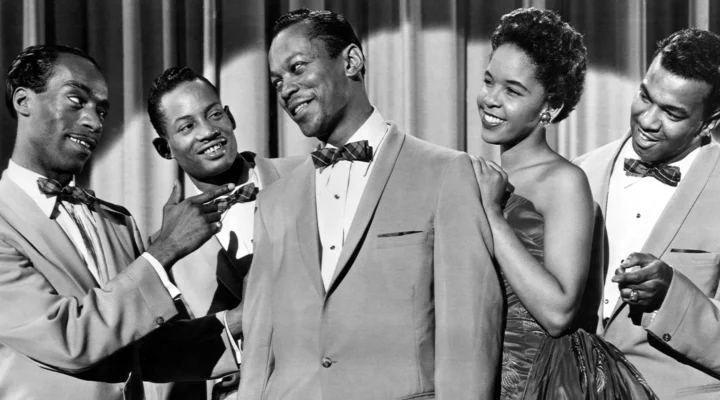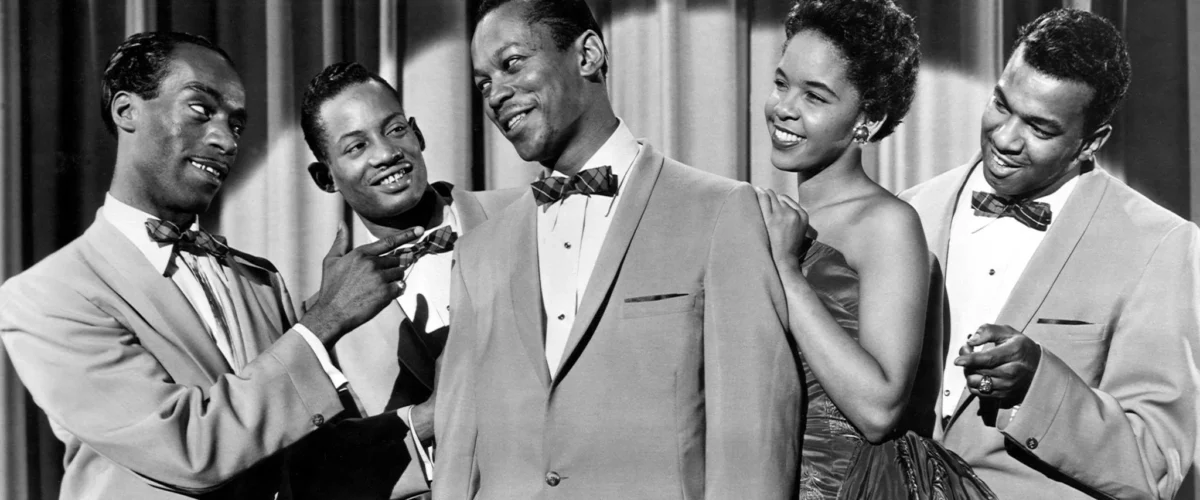It was late in my adolescent chapter of the Fabulous Fifties, and I was a member of the youth group in my home church — the Fifteenth Avenue Baptist Church in Meridian, Miss. Soon, the Sweetheart Banquet would be here and the pastor’s wife had tasked me, as a youth leader, to develop the romantic music for the banquet. Since none of us were especially musically talented, Joel Murphy, the pastor’s kid, had suggested that four or five of us do a pantomime and that we use the popular music from The Platters.
Formed in 1952, The Platters were among the most popular vocal groups in our town, on the verge of what would later come to be known as the Rock and Roll era. Everyone I knew loved The Platters, and the idea seemed just racy and cutting-edge enough to delight us and our peers and to upset the elders. So we decided to entertain the banquet-goers this way during the romantic gala, provided by our church, which gave everyone a chance to dress up and have a date, with little expense, but lots of “grown-up” romantic overtones. We practiced learning the Platters lyrics and soon would be “fake-crooning” to someone else’s recorded vocal sounds, while our peers swooned at our “musical ability.”

Bob Newell
I was given the solo part on “The Great Pretender.” While the pastor’s wife vetoed our choice of “I’m just a Dancing Partner,” since, after all it featured dancin’ — theoretically opposed by most Baptist churches — she did allow us to lip-synch to the ever-popular ballad, “My Prayer.” It was a church gig, and who could oppose a song whose lyrics assumed a praying posture?
Last week, my aging mind was rehearing and reflecting on the lyrics to “My Prayer.” Among the forceful words, still remembered by me and still meaningful to my grown-up, much-traveled mind, are those that come toward the end. Indeed, these words speak of what happens at the end of our prayers. Surely, the result or outcome of our prayers is an appropriate topic for one’s theological considerations. The song lyrics add a last-minute hope to the prayer, most likely addressed to a lover, asking/praying/hoping that: “you’ll always be there, at the end of my prayer.”
Notwithstanding our pastor’s wife’s nervousness about using these secular lyrics at a church function, my sense is that The Platters were very much on target by noting the significance of having someone close by, both during and at the end of our intercessions to the Almighty. So today I’m asking the question: “Who’ll be there at the end of your prayer?”
Churches are built on meaning and belonging, or so the scholars teach us. They bring together a cadre of people who share some basic, personal beliefs and insights as to “how things are.” They are united by a few belief elements of meaning, gleaned, in the Christian case, from the teachings and actions of Jesus.
But, of equal importance for the integrity of churches, members also must feel a deep sense of belonging — that there is a group of fellow-travelers to whom one feels a sense of welcome, acceptance and accountability. Belonging, the scholars teach us, can sometimes be more important to church cohesion than meaning. People are knit together because they sense a powerful fusion that connects and integrates them with the others.
“Churches are built on meaning and belonging.”
And, while that is the essence of healthy church relationships, it also is the one area that so often is our greatest weakness and failure. In this day of unrivaled division and polarization, most especially within our churches, this may be a helpful note to sound. If we can lip-synch from The Platters the unmistakably important reality that, as powerful as shared beliefs may be, more vital to our being church in this polarized time is the reality that we are “there” at the end of another’s prayer.
What might it be like if you and I agreed to be present in prayer, during and after prayer, for those with whom we disagree about politics or theology? How would our lives and theirs — indeed, the prayers of all of us — be revolutionized? While not denying our theological or philosophical differences, what would happen if we learned to pray together? Hearing another pray, being present and supportive, would surely change us all — even those with whom we disagree.
Bob Newell has served as a university professor and administrator, a local church pastor and a cross-cultural missionary. He and his wife, Janice, now live in Georgetown, Texas, and he serves churches as transition coach and intentional interim pastor. They were the founders and remain advocates of PORTA, the Albania House in Athens, Greece.
Related articles:
How does prayer work? I don’t know, yet I believe | Opinion by Russ Dean
The importance of the pastoral prayer | Opinion by Chris Caldwell
The recovery of prayer at the turn of the age | Opinion by Stephen Shoemaker


